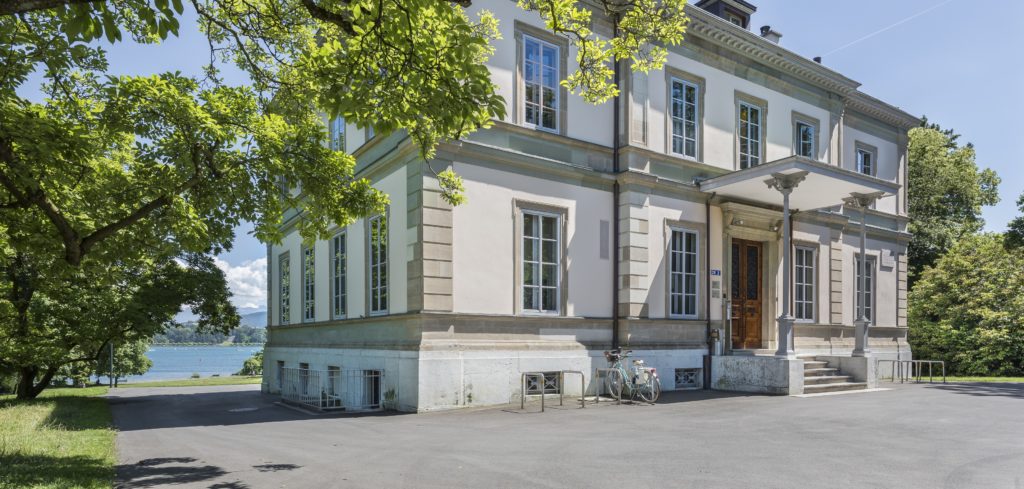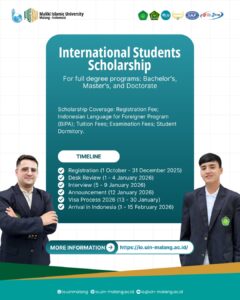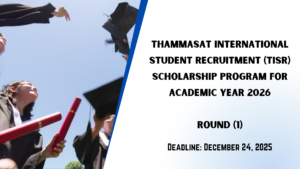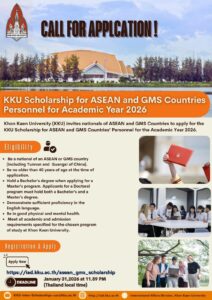This one-year full-time postgraduate degree course (60 ECTS) combines high-level academic education and real-world practice in the field of transitional justice, human rights and the rule of law. One of the very few programmes on this subject world-wide, it focuses on strengthening interdisciplinary knowledge and preparing students for future professional activities.
From Northern Ireland to Burundi, Timor-Leste, Sri Lanka, Tunisia or Guatemala, countries throughout the world struggle to deal with the aftermath of violent conflict or oppressive rule. What does it mean for a society to come to terms with mass atrocities, such as genocide and ethnic cleansing? How can the rule of law be re-established in a country shattered by wide-scale violence? What are the legal obligations and standards relevant to societies trying to turn the page on a history of political violence? How can the competing demands of peace and justice be balanced in the aftermath of such traumatic events? What can realistically be expected from measures such as trials, truth commissions, reparation programmes and institutional reform?
The Master of Advanced Studies in Transitional Justice, Human Rights and the Rule of Law (MTJ) is a one-year full-time postgraduate degree designed for highly qualified and open-minded candidates interested in acquiring high-level academic education and practice in the field of transitional justice, human rights and the rule of law. Combining theoretical knowledge with real-world perspectives and a cross-disciplinary approach, it focuses on developing practical skills to address current challenges in this field.
Besides core courses that provide a firm grounding in the central theoretical and practical transitional justice issues, the programme allows students to tailor their studies to their particular interests.
During the Spring Semester, MTJ students can choose between three different tracks. Those who want to deepen, broaden and diversify their knowledge in particular thematic areas can attend two thematic courses during the Spring Semester via the Thematic Focus track. Clinical Work, in the form of research internships or participation in a moot court, provides a solid exposure to practical work. Students interested in academic research can follow the Academic Research Track to get familiar with the the tools of academic research and participate in peer-discussions about complex theoretical issues within the field of transitional justice.
Throughout the year, MTJ students have access to a world-renowned faculty, benefit from direct connections with leading actors and share ideas with other talented participants from an array of different backgrounds and perspectives.
Entry Requirement
- A degree in law or an equivalent degree in a field relevant to transitional justice, such as international relations, political science, philosophy, sociology, anthropology or history
- A solid academic record
- A demonstrable interest in transitional justice, human rights and the rule of law (professional experience, internships, summer schools, conferences attended, publications, etc.)
- A sound command of English. You must be able to show, via a recognized test, that your English is of a high enough standard to successfully engage with and complete your course at the Geneva Academy. This requirement does not apply if (1) your mother tongue is English; (2) you have taken an English-taught bachelor’s or master’s degree; (3) you have at least two years’ professional or academic experience in an English-speaking environment
Scholarship Coverage for MIJ
We only provide full and partial scholarships for citizens of non-western countries (full list of eligible countries available here).
These scholarships are allocated through a highly competitive process based on criteria established by scholarships donors, and which notably include academic merit, extracurricular achievements and the candidate’s financial needs.
APPLICATION
Scholarship requests must be submitted with the candidate’s application.
When applying, you must choose between two tracks: application with scholarship (partial or full) or application without a scholarship.
If you apply to both tracks, your application will be considered under the non-scholarship track. Successful applicants who choose only the non-scholarship track cannot subsequently be considered for a scholarship.
FOR STUDENTS PRESELECTED FOR A SCHOLARSHIP
To secure their places within the programme, selected students with a scholarship will have to pay a non-refundable deposit of CHF 150.
Important Dates
September 2021 – August 2022
Study Mode Full-time
Application start 16 November 2020
Application end 26 February 2021
Application end (with scholarship) 29 January 2021
For more information, please visit Official Website.







